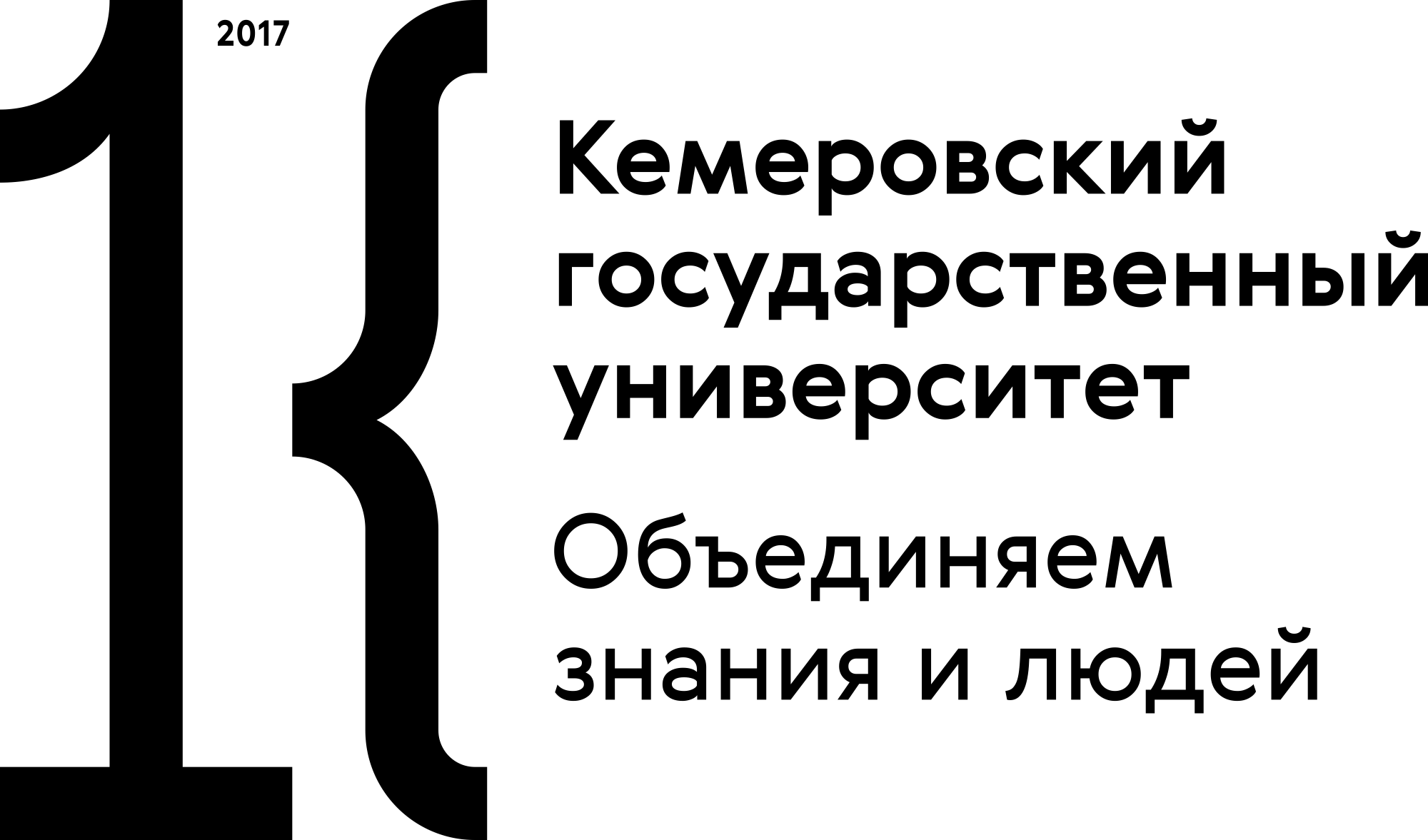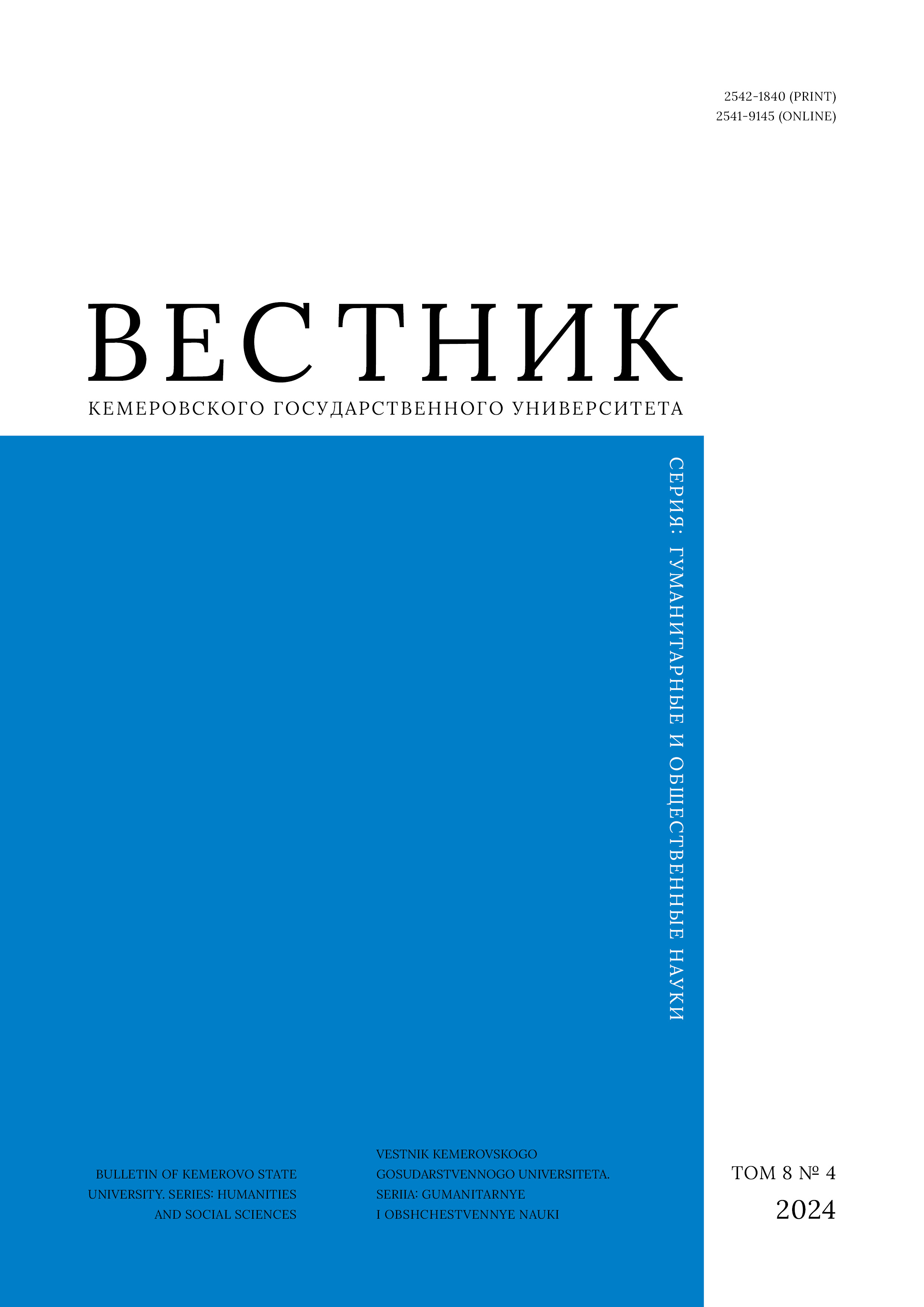from 01.01.2020 until now
Plekhanov Russian University of Economics (Kemerovo branch)
from 01.01.2019 to 01.01.2020
Kuzbass Institute of the Federal Penitentiary Service of the Russian Federation
from 01.01.2009 to 01.01.2019
Kemerovo, Russian Federation
Digital technologies are important in modern society. However, the prospects of e-justice still seem quite controversial. Electronic justice has already entered scientific circulation and is gradually receiving legal formalization. E-justice in practice should be considered as an international project for global digital transformation of politics and law. Following this global trend, Russia has been introducing digital services and legislative changes. Currently, e-justice causes discussions regarding certain aspects of its implementation in court. Doubts are expressed that digital justice will ensure accessibility, not to mention compliance with international and constitutional human and civil rights and judicial proceedings. Unassisted participation of artificial intelligence at all trial stages, including sentencing, is the most controversial issue, including the possibility of making a final decision. E-justice has a risk of replacing a human judge with an electronic one in an electronic simulation of justice, which might destroy the traditional concept of justice as such. Further digital transformation of justice may affect the very foundations of law.
e-justice, digital justice, digital transformation, globalization, e-judge, e-simulation, automation, artificial intelligence
1. Digital environment law, eds. Podshivalov T. P., Titova E. V., Gromova E. A. Moscow: Prospect, 2022, 896. (In Russ.) https://elibrary.ru/ambwlm
2. Bryantseva O. V., Soldatkina O. L. E-justice in Russia: Problems and solutions. Courier of Kutafin Moscow State Law University, 2019, (12): 97–104. (In Russ.) https://doi.org/10.17803/2311-5998.2019.64.12.097-104 EDN: https://elibrary.ru/GJZFUH
3. Kozyrev A. N. Digital economy and digitalization in historical retrospect. Digital economy, 2018, (1): 5–19. (In Russ.) https://elibrary.ru/vmussb
4. Leenders A. M. R. Digital development and the UN sustainable development goals. The Caspian region: Politics, economics, culture, 2020, (3): 124–129. (In Russ.) https://elibrary.ru/xhyaer
5. Kakokho T. G. The legal regime of e-government in the Russian Federation. Bulletin of the Ural Law Institute of the Ministry of the Interior of the Russian Federation, 2023, (1): 102–107. (In Russ.) https://elibrary.ru/zkdbtm
6. Gavrilov E. O. Scenarios of state development in the XXI century. Vestnik Kemerovskogo gosudarstvennogo universiteta. Seriia: Gumanitarnye i obshchestvennye nauki, 2023, 7(1): 37–45. (In Russ.) https://doi.org/10.21603/2542-1840-2023-7-1-37-45 EDN: https://elibrary.ru/IFUBJZ
7. Gavrilov E. O. Digital sovereignty in the context of globalization: Philosophical and legal aspects. Vestnik Kemerovskogo gosudarstvennogo universiteta. Seriia: Gumanitarnye i obshchestvennye nauki, 2020, 4(2): 146–152. (In Russ.) https://doi.org/10.21603/2542-1840-2020-4-2-146-152 EDN: https://elibrary.ru/WCSQFR
8. Makhina S. N., Zavyalova I. S. Digitalization of administrative proceedings as a factor in increasing the effectiveness and efficiency of the implementation of state functions: Russian and foreign experience. Journal of the administrative proceedings, 2020, (4): 13–17. (In Russ.) https://elibrary.ru/vlmcbn
9. Razveykina N. A., Shikhanova E. G. Transformations of court proceedings in Russia caused by the pandemic. Herald of Omsk University. Series: Law, 2021, 18(4): 50–58. (In Russ.) https://doi.org/10.24147/1990-5173.2021.18(4).50-58 EDN: https://elibrary.ru/INWWOA
10. Zabroda D. G., Filonov A. V. Problems of the organization of judicial activities during the pandemic caused by coronavirus infection COVID-19, in foreign countries. Scientific Notes of V. I. Vernadsky Crimean Federal University. Juridical science, 2022, 8(3): 287–294. (In Russ.) https://elibrary.ru/qqbltx
11. Kirton J. Globalization’s implications for G20 governance. International organisations research journal, 2020, 15(2): 24–54. (In Russ.) https://doi.org/10.17323/1996-7845-2020-02-02 EDN: https://elibrary.ru/XWFSFZ
12. Shevchenko O. V. Digitalization of justice in the Russian Federation at the present stage. Humanities scientific researches, 2022, (6). (In Russ.) https://elibrary.ru/ilkvip URL: https://human.snauka.ru/2022/06/50153 (accessed 23 May 2024).
13. Muromskaya Yu. V., Baturina N. A. Electronic form of legal proceedings abroad. Innovation science, 2019, (4): 136–140. (In Russ.) https://elibrary.ru/enrztc
14. Zhurkina O. V., Maksimenko E. I. Digital justice: A case study of China's internet courts. Matters of Russian and international law, 2020, 10(6-1): 138–143. (In Russ.) https://doi.org/10.34670/AR.2020.63.35.051 EDN: https://elibrary.ru/ADOGDH
15. Laptev V. A. Deepfake and other artificial intelligence products on the way to the development of online justice. Actual problems of Russian law, 2021, 16(11): 180–186. (In Russ.) https://doi.org/10.17803/1994-1471.2021.132.11.180-186 EDN: https://elibrary.ru/HOMQCG
16. Nobel A. R. The concept and content of the principle of immediacy and guarantees of its implementation in administrative proceedings. Actual problems of Russian law, 2024, 19(4): 11–18. (In Russ.) https://doi.org/10.17803/1994-1471.2024.161.4.011-018 EDN: https://elibrary.ru/GFKDRE
17. Kalentieva T. A. The immediacy of the trial: Step forward or two steps back? Vestnik of Volzhsky University after V. N. Tatishchev, 2016, 1(2): 176–182. (In Russ.) https://elibrary.ru/vxlvxz
18. Bulankov D. M. Videoconferencing and its influence in proving in arbitration and civil proceedings. Moscow Witte University Bulletin. Series 2: Legal Sciences, 2022, (4): 52–56. (In Russ.) https://doi.org/10.21777/2587-9472-2022-4-52-56 EDN: https://elibrary.ru/JGNCGQ
19. Tikhomirova Yu. V., Shkarevskaya V. V. Problems of differentiation of concepts "videoconferencing" and "web meetings" in the practice of arbitration courts of the Russian Federation. Law and state: The theory and practice, 2022, (11): 165–168. (In Russ.) https://doi.org/10.47643/1815-1337_2022_11_165 EDN: https://elibrary.ru/LBVGLX
20. Golubtsov V. G. E-justice as the global trend in the transformation of civil procedure: Topical issues. Judge, 2022, (11): 25–31. (In Russ.) https://doi.org/10.52433/18178170_2022_11_25 EDN: https://elibrary.ru/DSMNJD
21. Zhukov G. A., Konovalov S. M. International practice of using electronic signatures. Examples and development prospects. Vestnik nauki, 2024, 1(4): 386–391. (In Russ.) https://elibrary.ru/xjiurl
22. Maslov A. V. On the status of digital evidence and electronic information in criminal proceedings. International Research Journal, 2023, (8). (In Russ.) https://doi.org/10.23670/IRJ.2023.134.130 EDN: https://elibrary.ru/TQLUVQ
23. Voronin M. I. Electronic evidence in the Criminal Procedure Code: To be or not to be? Lex Russica, 2019, (7): 74–84. (In Russ.) https://doi.org/10.17803/1729-5920.2019.152.7.074-084 EDN: https://elibrary.ru/JZBDUT
24. Voronin M. I. Concerning the issue regarding legal nature of electronic (digital) evidence. Courier of the university named after O. E. Kutafin (MSAL), 2020, (10): 74–81. (In Russ.) https://doi.org/10.17803/2311-5998.2020.74.10.074-081 EDN: https://elibrary.ru/AFYWMG
25. Stepanenko D. A. Technology for collecting electronic evidence: Problems and recommendations. Glagol of Justice, 2024, (1): 23–29. (In Russ.) https://elibrary.ru/apxlvx
26. Shinkaretskaya G. G. Digital evidence in the process of the International Court of Justice. International law and international organizations, 2023, (1): 55–66. (In Russ.) https://doi.org/10.7256/2454-0633.2023.1.40047 EDN: https://elibrary.ru/BXZDGK
27. Vyazovtseva V. E., Mironov A. A. Electronic justice – a necessary future or a potential threat? Issues of Russian justice, 2020, (10): 110–117. (In Russ.) https://elibrary.ru/bdvvbb
28. Miroshnichenko O. I., Filonenko T. V. Digital technologies as a factor in reducing corruption in the judicial system. Legal concert, 2020, 19(2): 136–143. (In Russ.) https://doi.org/10.15688/lc.jvolsu.2020.2.20 EDN: https://elibrary.ru/TNBBGL
29. Volkova V. D. Electronic justice and prevention of corruption. Prospects for the development of the judicial system of the Russian Federation in the light of the decisions of the X All-Russian Congress of Judges (On the 90th anniversary of the Sakhalin Regional Court): Proc. Interregion. Sci.-Prac. round table, Khabarovsk, 16 Feb 2023. Khabarovsk: PNU, 2023, 16–18. (In Russ.) https://elibrary.ru/wivlpk
30. Morhat P. M. Use of artificial intelligence in the administration of justice as a way of overcoming judicial discretion. Law and state: The theory and practice, 2018, (5): 6–11. (In Russ.) https://elibrary.ru/ycmywt
31. Biryukov P. N. Artificial intelligence and "predicted justice": Foreign experience. Lex Russica, 2019, (11): 79–87. (In Russ.) https://doi.org/10.17803/1729-5920.2019.156.11.079-087 EDN: https://elibrary.ru/UHVNDW
32. Spesivov N. V. From fantastic theories to objective reality: Is there future for artificial intelligence and predictive technologies in administration of criminal justice? Lex Russica, 2023, 76(2): 81–90. (In Russ.) https://doi.org/10.17803/1729-5920.2023.195.2.081-090 EDN: https://elibrary.ru/CLQGPK
33. Ponkin I. V. The concept of machine-readable law. Juridical techniques, 2021, (15): 231–236. (In Russ.) https://elibrary.ru/smtrwe
34. Shershikova I. A. Robot judge and administration of justice. Digital environment law, eds. Podshivalov T. P., Titova E. V., Gromova E. A. Moscow: Prospect, 2022, 607–609. (In Russ.) https://elibrary.ru/iqzzny
35. Ivanova S. I., Hamrokulov E. A. E-justice: Prospects development. Herald of Law, 2023, (3): 10–15. (In Russ.) https://elibrary.ru/zrdgbr
36. Momotov V. V. Artificial intelligence in litigation: State and prospects for use. Courier of the university named after O. E. Kutafin (MSAL), 2021, (5): 188–191. (In Russ.) https://doi.org/10.17803/2311-5998.2021.81.5.188-191 EDN: https://elibrary.ru/XPEXPM
37. Khoroshko I. V. Foreign experience of the electronic form of civil proceedings on the example of the Republic of Singapore and the People's Republic of China: The history of origin and current state. Man: Crime and punishment, 2022, 30(2): 183–187. (In Russ.) https://doi.org/10.33463/2687-1238.2022.30(1-4).2.183-187 EDN: https://elibrary.ru/MHOCTS
38. Novikova K. S. Artificial intelligence as an element of e-justice: Smart solution and electronic scales of justice. Education and law, 2020, (3): 240–244. (In Russ.) https://doi.org/10.24411/2076-1503-2020-10340 EDN: https://elibrary.ru/UFKSUP
39. Kasa I. Innovation in the formation of the arbitration tribunal: Can a robot replace a human arbitrator? Eurasian advocacy, 2018, (2): 77–81. (In Russ.) https://elibrary.ru/xpbffb
40. Trezubov E. S. Digital technologies in alternative ways to resolve disputes. Digital environment law, eds. Podshivalov T. P., Titova E. V., Gromova E. A. Moscow: Prospect, 2022, 664–672. (In Russ.) https://elibrary.ru/twjvdy
41. Belyakova A. V. Digital justice in Russia (V.2.0). Moscow University Bulletin. Series 11. Law, 2022, (5): 124–142. (In Russ.) https:/elibrary.ru/vsaoup
42. Tolochko O. N. Digital transformation of the justice system: New challenges. Problems of digitalization of public administration: Republic of Belarus and foreign experience: Proc. Intern. round table, Minsk, 15 Oct 2022. Minsk: BSU, 2022, 151–156. (In Russ.) https://elibrary.ru/zrgwua
43. Stepanov O. A., Pechegin D. A., Diakonova M. O. Towards the issue of digitalization of judicial activities. Law. Journal of the Higher School of Economics, 2021, (5): 4–23. (In Russ.) https://doi.org/10.17323/2072-8166.2021.5.4.23 EDN: https://elibrary.ru/CYMADX
44. Kovalenko K. E., Pechatnova Yu. V., Statsenko D. A., Kovalenko N. E. Judge-robot as overcoming contradictions of judicial discretion (legal aspects). Law herald of Dagestan State University, 2020, 36(4): 169–173. (In Russ.) https://doi.org/10.21779/2224-0241-2020-36-4-169-173 EDN: https://elibrary.ru/ISDIZG
45. Li Ya. Specifics of regulatory and legal regulation of generative intelligence in the UK, USA, EU and China. Law. Journal of the Higher School of Economics, 2023, (3): 245–267. (In Russ.) https://doi.org/10.17323/2072-8166.2023.3.245.267 EDN: https://elibrary.ru/YITZOA


















